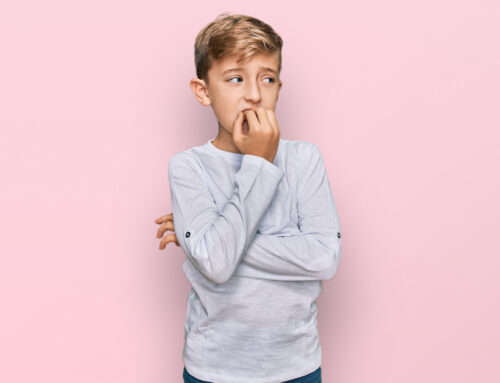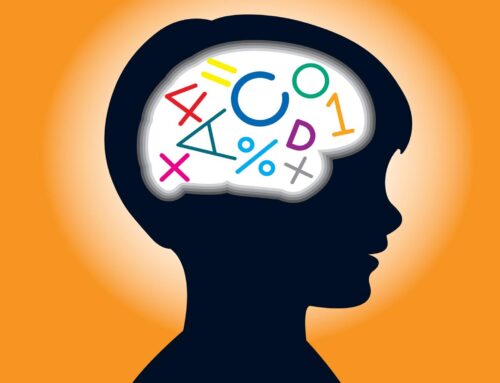Negotiating peer relationships is a significant development during a preschooler’s life. For some children, these skills come easily and require little intervention. For others, it takes a little more support and education from the adults in their lives.
Seemingly simple concepts, such as having more than one friend at a time, may need to be directly stated. For all children, learning about empathy is essential. It not only engenders positive, mutually satisfying relationships, but it also helps protect children, especially sensitive ones, from excessively negative responses to peer interactions.
For example, one day a child may tell his friend that he does not want to play with him. Understandably, the second child could feel sad, angry, and/or confused. An adult intervening in this situation could help the second child think through the exchange. Was there something that happened between the two friends? Were they interested in playing different games? Could the first child have had a rough morning, or maybe not enough sleep the night before?
The best part of helping him to think this way is that it empowers him. If he played a part, he can make amends. If he thinks that his friend was just in a grumpy mood, the child is taught that he has the choice to be affected by it or not. He can choose to say to himself, “He’s feeling grumpy, but I don’t have to feel that way too. Maybe things will be different tomorrow, but for now, I’ll go play with a different friend.” The ability to think this way and to feel some sense of control over one’s affective life are invaluable skills to teach our children.
At Georgetown Psychology Associates, our child and family therapists understand the importance of aiding children in their growth and relationships at an early age. By aiding in the development process, children can grown into more well-rounded and self-aware adults. To learn more about what can be done for your family, call us today at (202) 333-6251.



